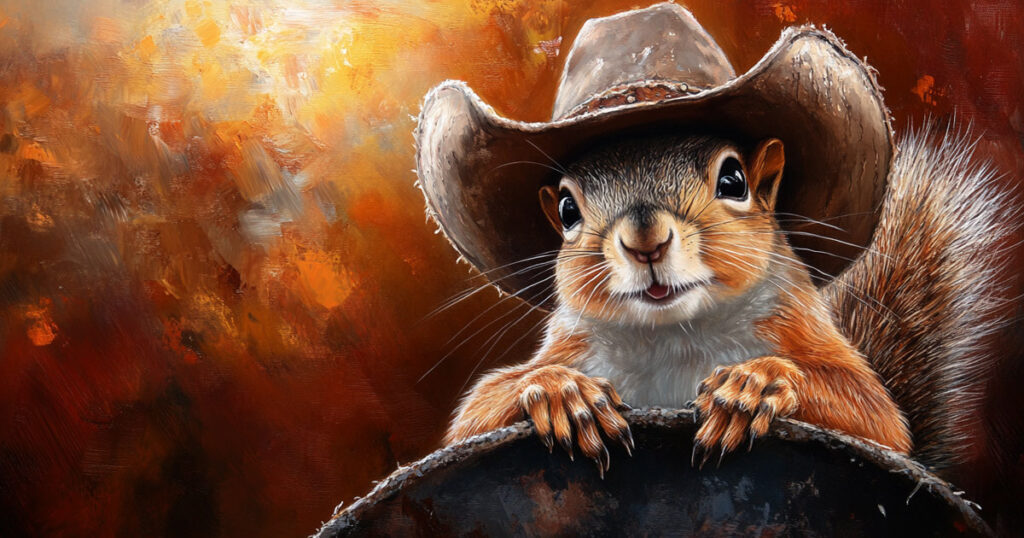Mark Longo, the owner of the beloved pet Peanut the Squirrel, has recently taken legal action against cryptocurrency exchange Binance for allegedly using his intellectual property without permission. Longo, known for sharing heartwarming stories and images of Peanut on his X account, Squirrel_Dad, issued a “cease and desist” letter to Binance on Dec. 16.
In the letter, Longo’s legal team accused Binance of violating copyright laws and intellectual property rights by promoting the PNUT token using the name “Peanut the Squirrel,” the “PNUT” branding, and a copyrighted image of Peanut wearing a cowboy hat. The PNUT token currently has a market cap of $1.08 billion.
Longo’s legal team stated in the letter, “As an initial matter, your use of the phrase PEANUT THE SQUIRREL, the term PNUT, and the PNUT Image is identical to our client’s PNUT Marks. That is to say, the PNUT Marks and the Infringing Marks impart the same commercial impression, making them legally identical.”
While Binance has not yet responded to requests for comment on the matter, Longo has made it clear that he is prepared to take further legal action to protect his intellectual property. He emphasized the importance of safeguarding his creative work and holding infringing platforms like Binance accountable.
The lawsuit sheds light on the growing popularity and conflicts within the peanut-themed meme coin ecosystem. Peanut the Squirrel gained widespread attention during the US presidential election when Longo faced off against New York’s Department of Environmental Conservation over the seizure of Peanut and a raccoon in his care. The incident sparked public outrage, leading to the creation of various meme tokens, with PNUT being the most prominent.
In his recent post, Longo referenced a “Justice for Peanut” (JFP) token as the legitimate PNUT coin. The ongoing dispute has had an impact on token prices, with PNUT dropping by 5.6% and JFP seeing a 10% increase in the past 24 hours, according to CoinMarketCap data.
As the legal battle continues to unfold, it is clear that Longo is committed to protecting his creative work and ensuring that unauthorized use of his intellectual property will not be tolerated. The case serves as a reminder of the importance of respecting intellectual property rights in the digital age.

